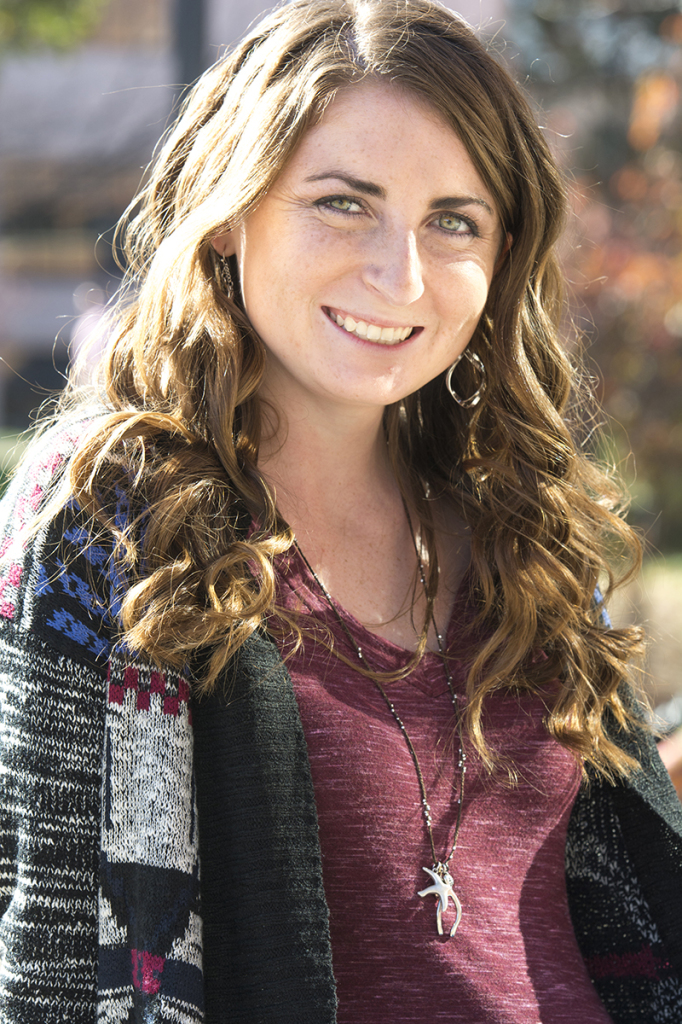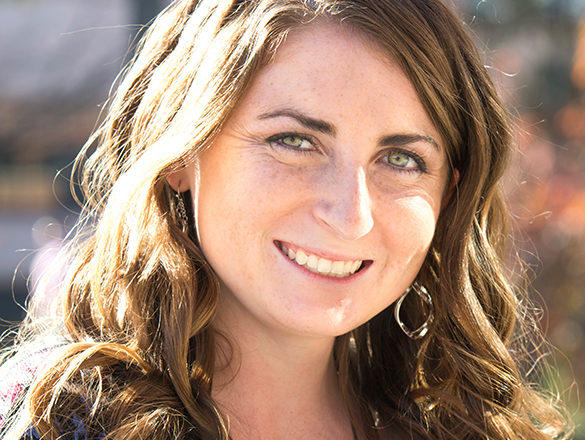
Online Producer
At 13, I stood behind the starting line at my middle school cross-country meet, ready to show my coach what I had been trying to prove for the past few months: I deserved to be on varsity.
The horrible, nervous feeling in my stomach slowly went away as the race began. I focused on the ground beneath my feet, the colored shirts that I needed to pass and the medal I would win at the finish line.
Twenty-one finishers received medals. I placed 22nd by less than the tip of a shoe.
I was devastated.
“You don’t see how good you are, do you?” My dad asked me. “Who cares if you got a medal? You finished.”
Finishing was never enough for me. I had failed.
For years, my life felt like a string of second places. I had rainbow-colored ribbons lining my walls and trophies stacked on my shelves, yet I found myself 15, teary-eyed and distraught at the end of every track meet I was seconds too slow in.
I played softball and basketball, ran cross-country and track, was in marching band and indoor drumline. It was always about competition, numbers and being the best.
“You don’t need to be perfect,” my parents would tell me. But I always felt like I did.
I always felt I fell short of perfect.
In the winter of my senior year, I decided I would run my first half-marathon.
I quit cross-country and track, registered for the race and spent the next few months lacing up my shoes every day after school. I would run through the snow, rain, headaches and mud with no coach, no competitors and no scores.
For the first time, I felt like I was running for me.
In an article in The Guardian, runner Clare Allan said many people question why she puts herself through the pain of running long distances.
“Running is the most brilliant way of showing the mind who’s boss,” Allan said.
Before, I always felt like I was running to prove something to my coach, or my parents or the spectators at the finish line. The need for perfection stemmed from my own inner desire to always be the best. I realized I was always trying to prove things to others, when I really needed to do what was healthy for myself.
I crossed the finish line at my first half-marathon, and crossed two more over the next two years. I have finished far from first place in each of them, but I never once worried about my time. I never worried about the number that would be printed by my name on the race results.
Instead, I thought about the long process of the race. The months of blisters and headaches and muddy shoes. I thought about the hills I ran up and the rain I sprinted through and the friends running beside me.
I thought about the dozens of 5Ks I ran and the dozens I was disappointed in myself for. It took me running 13.1 miles to realize why I loved running.
I didn’t love it for the medal around my neck or the runners I passed along the course. I loved it for the people who laughed beside me, even at mile 10 when I was out of breath, thirsty and losing feeling in my toes.
More than anything, I loved it because it was something I controlled. I ran for me and no one else.
In 2013, 1,960,000 people in the U.S. completed a half-marathon. That means less than 1 percent of the population ran 13.1 miles last year, and I was one of them.
I think everyone has his or her own personal races. We spend so much of our lives competing against others and trying to prove ourselves to the world.
Running taught me to leave my perfectionism behind. There are so many things in my life that I do because I love them, not just to be the best. I have lost many more races since the time I was 13. But I have also finished many more.
Run every race. Run it as fast and as well as you can. But don’t forget why you love doing it.




